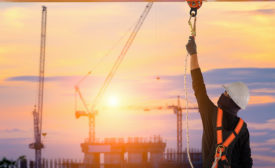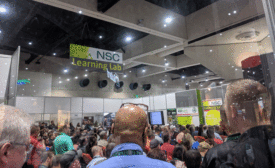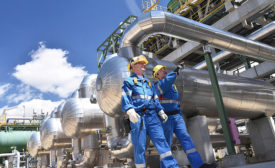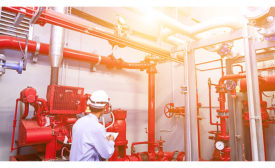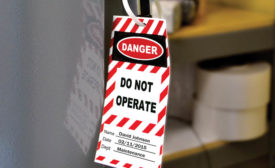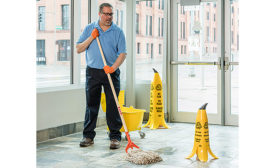Featured on Home Page
Set up your fall protection system early in the work process
Read More
Safety Technology
Delegating safety to employees
User-friendly software engages the frontline
September 12, 2019
OSHA spells out FR protection specifics
Do your workers understand the hazards?
September 12, 2019
Managing Process Changes
Visibility, collaboration and workflow control are all key
September 9, 2019
Four considerations to improve industrial fire safety systems
When fire safety is critical
September 9, 2019
How to de-energize equipment
Force guided relays maintain machine guarding circuit integrity
September 9, 2019
Become a Leader in Safety Culture
Build your knowledge with ISHN, covering key safety, health and industrial hygiene news, products, and trends.
JOIN TODAYCopyright ©2025. All Rights Reserved BNP Media.
Design, CMS, Hosting & Web Development :: ePublishing
